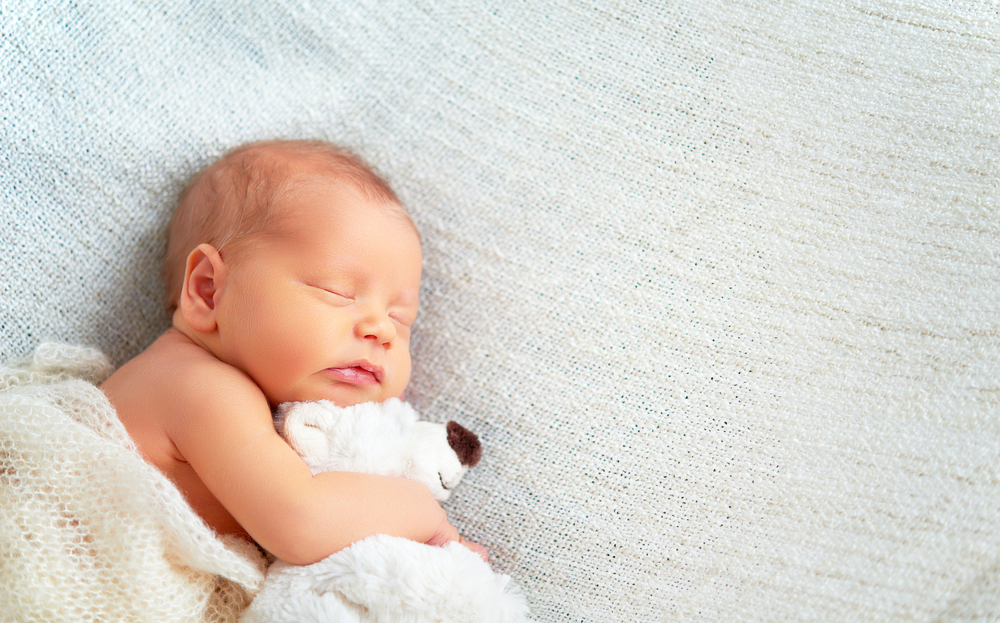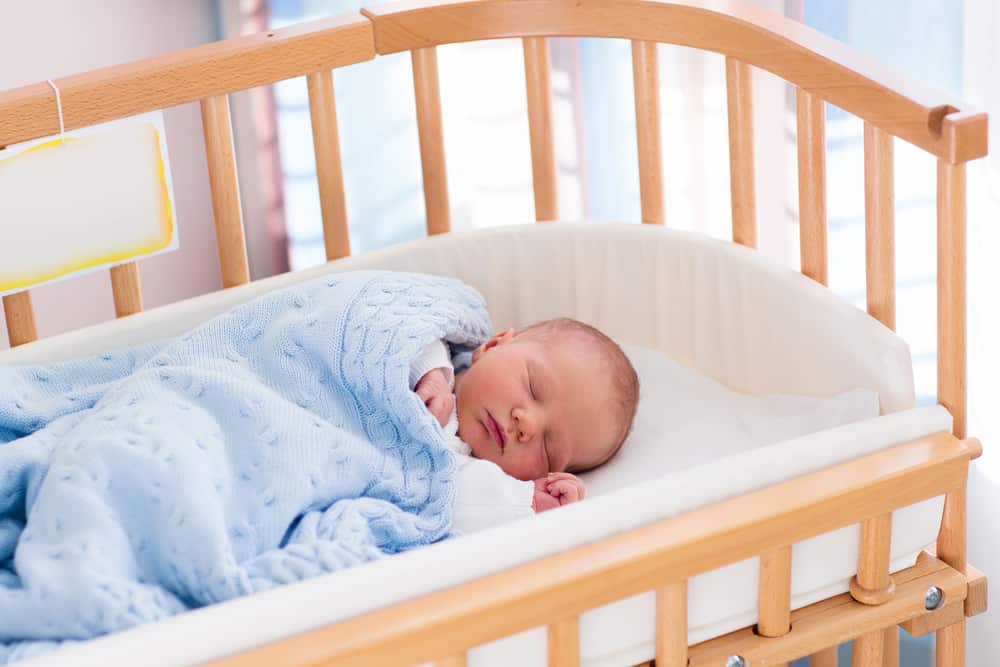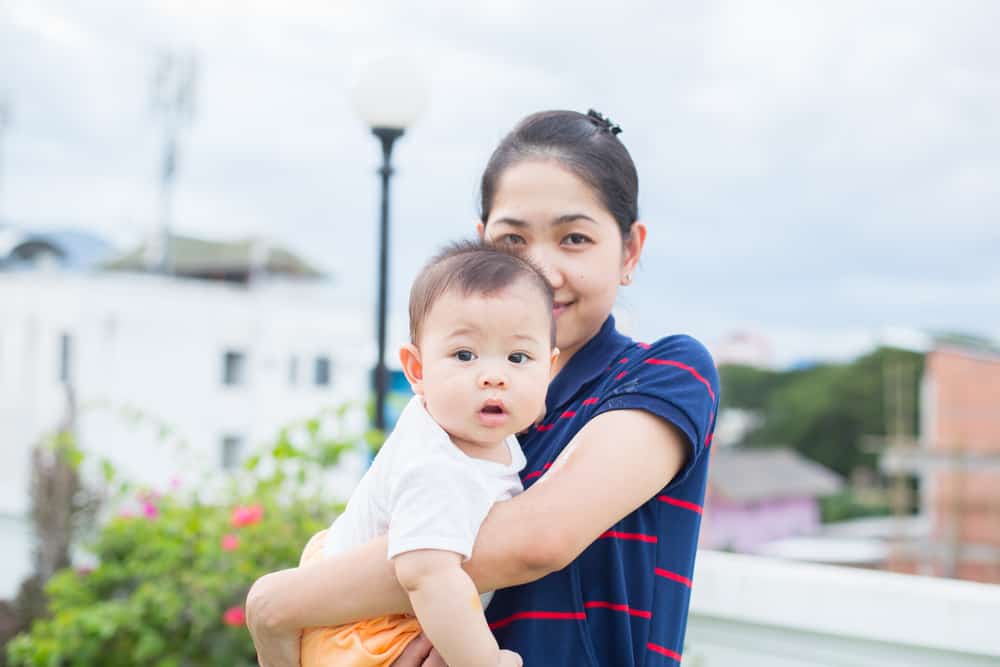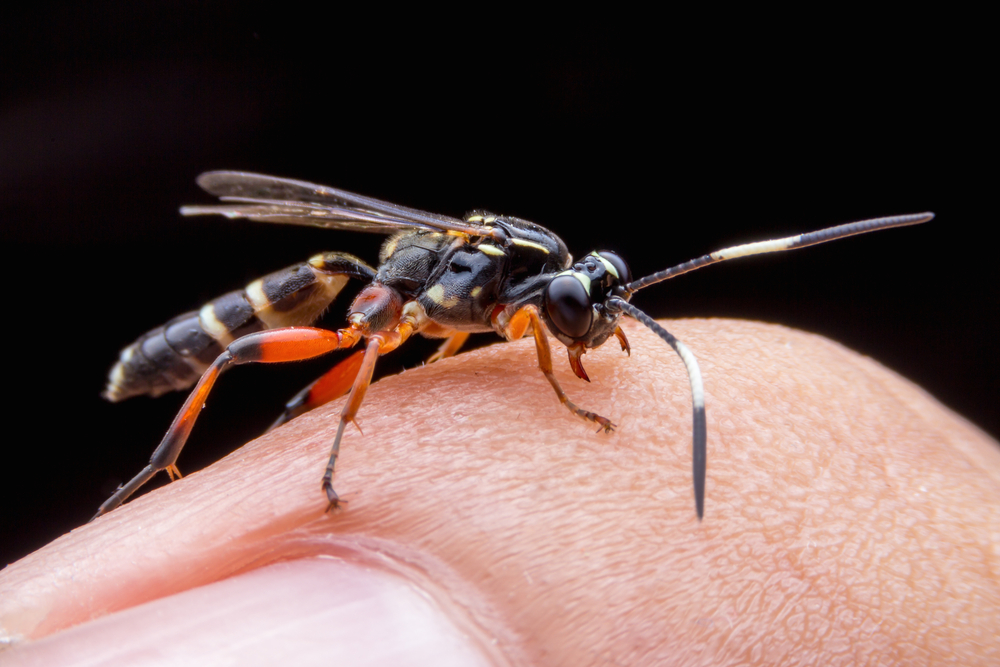Contents:
- Medical Video: How a baby develops during pregnancy
- Babies spend their time sleeping in the womb
- The baby's sleep cycle in the womb apparently affects the baby's sleep cycle after birth
- How do you set the sleep cycle for a newborn baby?
Medical Video: How a baby develops during pregnancy
Have you ever thought about what the baby does during the womb? The baby can move to kick his mother's stomach, hear and learn the sounds around him, and also fall asleep. However, among all that is done, babies sleep more. This has an effect on the sleep cycle after the baby is born. Then, how do you set the baby's sleep cycle to be normal?
Babies spend their time sleeping in the womb
When the gestational age enters the age of seven months, the baby spends a lot of time sleeping. Even at 32 weeks, babies can sleep almost 90 to 95 percent every day. Several hours were spent sleeping soundly, some of which also experienced REM (rapid eye movement), and also chicken sleep. This is caused by the hormone melatonin, which affects the sleep and wake cycles not yet mature enough in the baby's brain.
Around the 7th month of fetal development, the baby's rapid eye movement (REM) will be seen for the first time. The development of the baby's brain at that time will cause a change between REM and non-REM sleep which lasts for 20 to 40 minutes. However, this sleep cycle is still debated in research.
The baby's sleep cycle in the womb apparently affects the baby's sleep cycle after birth
The human sleep pattern is controlled by the body's biological clock, called the circadian rhythm. This clock shows the cycle repeatedly every 24 hours from the day of light and darkness. When the eye feels darkness, the brain releases the hormone melatonin and makes you sleepy.
But in infants, the hormone melatonin has not been produced perfectly until the baby is three months old. In the womb, babies rely on signals from the biological clock of the mother's body. The mother's melatonin will flow to the placenta and this affects the baby's sleep patterns and baby's movements.
When born into the world, because the baby does not have the perfect melatonin hormone, he will have an irregular sleep cycle. In fact, the sleep cycle does not differ greatly from the sleep cycle in the womb. Fortunately, the melatonin hormone produced from the body of his mother can be channeled through breast milk. This can help the baby to develop a biological clock on his body.
Newborns will sleep for 16 to 18 hours per day. However, the baby's sleep is only four to six hours. Once you are about two weeks old, you can begin to teach the difference in the darkness of the night and the light of morning and afternoon. Until the age of three months, then the baby will have a regular and normal sleep cycle, which is to spend more time sleeping at night.
How do you set the sleep cycle for a newborn baby?
In the first week of the baby's birth, you may experience a little difficulty sleeping well because the baby still often wakes at night. For this reason, the following tips can help you train your baby's sleep to be normal because the sleep cycle is still a mess.
First, often taking the baby for a walk out of the house to enjoy the sun. Reporting from Science of Mom, a study looked at babies aged 6 to 12 weeks who had better sleep at night because they were more exposed to sunlight in the morning and evening. This shows that the hormone melatonin in infants develops after drying in the morning sun, so that the sleep cycle is better.
Second, get used to consistent sleep routines, so babies can adapt more easily with regular sleep. Then, create a comfortable sleeping atmosphere at night, so the baby is not easily awakened.
Third, when the baby bathes in the afternoon, give light massages to the baby's body to relax the baby's body so that the baby wakes up fresh the next day. By going to bed, you can give milk while hugging the baby's body to be warmer and fall asleep faster at night.













